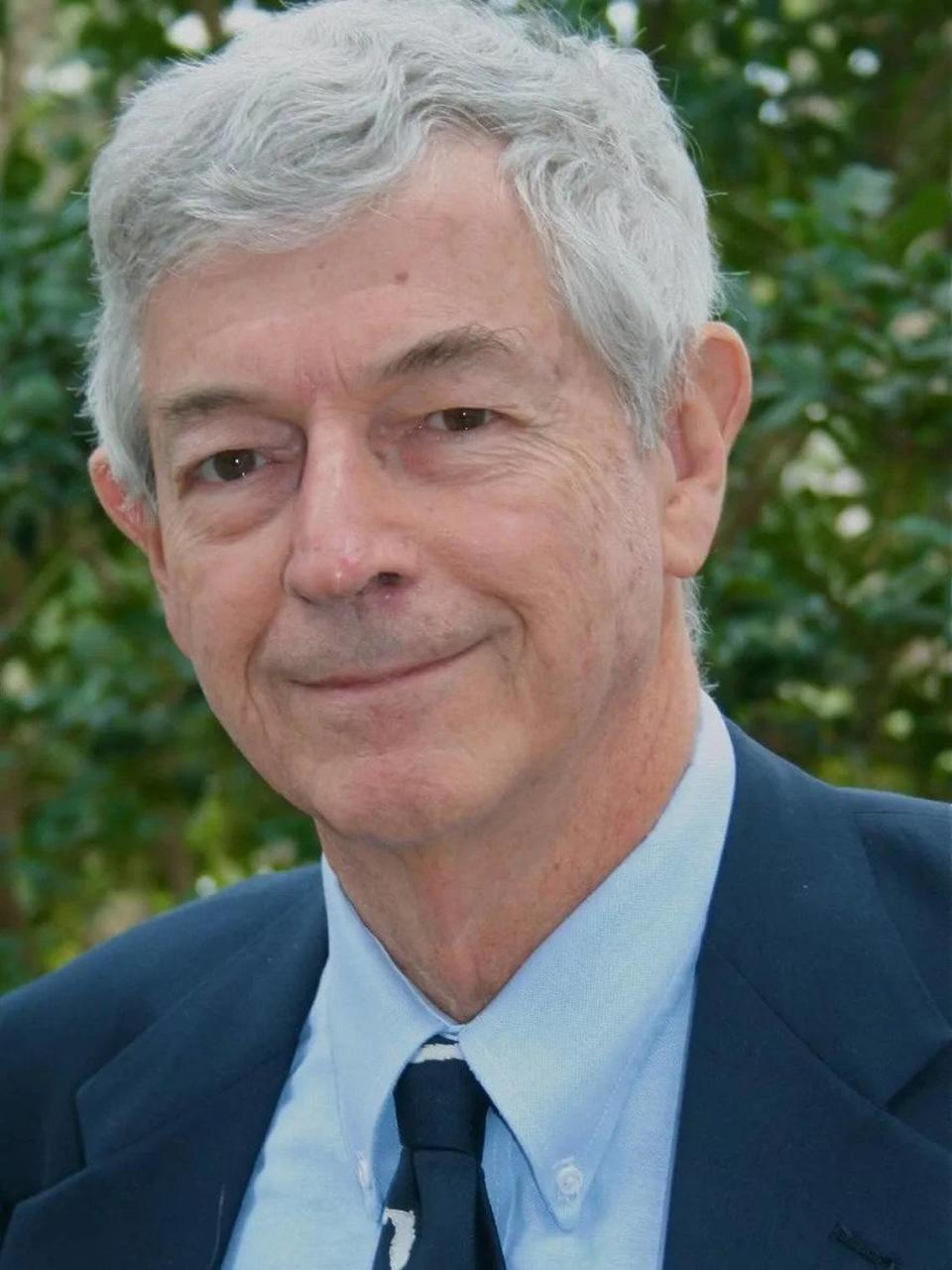A culture of teamwork elevated the Miami Heat. Minneapolis police should pay attention | Opinion
Here’s a Q&A that you probably didn’t expect to see — ever:
Q: What do the Miami Heat and the Minneapolis Police Department have in common? A: Nothing, except for this: Each reflects its respective organization’s culture.
Culture? In the case of the Heat, sports commentators repeatedly marveled at the team’s admirable culture as it knocked off higher-seeded opponents before finally losing in the NBA finals.
Although “culture” is often thought of as a synonym for the arts, the word has many definitions applicable to organizations, wherein “culture” may refer to shared values, norms and beliefs that cause people to identify with one another.
The Heat’s culture starts at the top, with the ownership. In pro sports, many team owners who amassed fortunes in some other business imagine that they have enough expertise to micromanage a sports franchise.
The Heat’s owners were wise enough to avoid that pitfall and bring in a highly respected basketball lifer, Pat Riley, to lead the franchise. He, in turn appointed a coach, Erik Spoelstra, who’s now among the NBA’s most admired.
The NBA, like the NFL, is structured to promote parity among its teams. Together, this week’s player draft plus the league’s salary cap have a leveling effect. All other things being equal, every NBA team would end up with a 41-41 record.
That never happens, of course, because all other things are not equal. Some dysfunctional teams remain losers, season after season. Others win just enough to make the playoffs from time to time but mostly remain mired in mediocrity.
Still other teams “tank” — deliberately losing enough to gain an early draft choice and grab a coveted player who could become the next superstar. However, the teams using this strategy often end up toggling from worst to first, then back again.
Somehow the Heat, arguably because of their team-first culture, have avoided those traps in recent years, instead managing to build competitive squads that work together well and wind up in contention year after year.
If the Heat’s culture is an example of the good, the “culture” of the Minneapolis Police Department is an example of the bad and the ugly. After a lengthy investigation, the U.S. Justice Department released its findings last Friday.
Granted, some readers will need to set aside their skepticism of the DOJ’s credibility after Tuesday’s disappointing announcement of a sweetheart deal that let Hunter Biden plead guilty to a couple of misdemeanors.
Regarding the MPD, however, the DOJ’s findings reflect the well-documented facts on the ground. As the 92-page report said, “MPD uses unreasonable force, infringes on First Amendment rights and discriminates based on race and disability.
“MPD also lacks the systemic safeguards that can prevent or address those abuses, such as effective accountability, rigorous training, robust supervision and appropriate officer support.”
The DOJ investigation began after an MPD officer’s murder of George Floyd triggered protests that devolved into shootings, looting, and arson — activities, incidentally, that were not envisioned in the First Amendment’s language about “the right of the people peaceably to assemble.”
However, the root causes of the days and nights of lawlessness relate back to the chronic abuses described in the DOJ report. Moreover, such abuses easily can go uncorrected at any police agency if its leaders lack the will, the skills or the clout to bring about reforms, sometimes over the opposition of local pols.
Indeed, some former police chiefs in South Florida have complained that their efforts to make changes and to hold officers accountable for misconduct have run into opposition from the police unions whose political endorsements are coveted by the public officials who oversee the criminal-justice system.
Granted, the police unions have a role to play in advocating for better pay, benefits and working conditions for their members and in defending those who’ve been wrongly accused of misconduct.
At times, however, the unions have also defended bad apples who, if not held accountable, become a cynical bitter and toxic presence.
With proper accountability blocked, the bad apples remain and their cynicism can easily spread to and quickly infect the more-idealistic young recruits who enter this risky profession hoping to protect and serve their fellow citizens.
Miami has not been immune to these kinds of problems. Police misconduct triggered rioting in 1980 and 1982, and on Jan. 17, 1989, the Miami Heat’s game against the Phoenix Suns was canceled when rioting occurred in the vicinity of the old Miami Arena after two Black men were killed following a police chase.
Unfortunately, in the years before and since those riots, law enforcement agencies in various cities around Miami-Dade County and Broward have been repeatedly plagued by the kinds of turmoil that bring to mind Minneapolis’ lack of “the systemic safeguards that can prevent or address those abuses,”
Given the persistence of such problems, it’s long past the time for our area’s most chronically troubled law enforcement agencies to emulate the “culture” of the Miami Heat by recruiting — and supporting — leaders who will institute reforms and establish a culture of accountability.
That would be a win for everybody.


